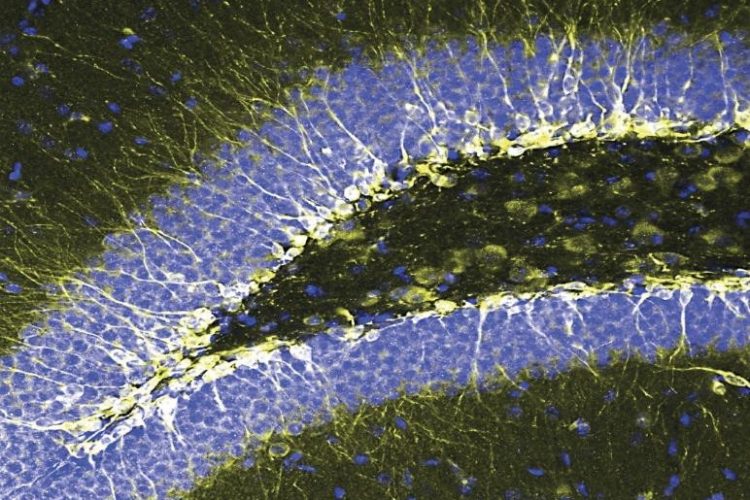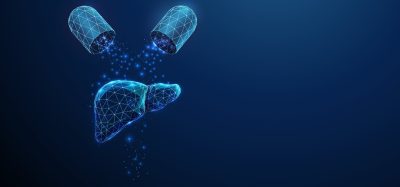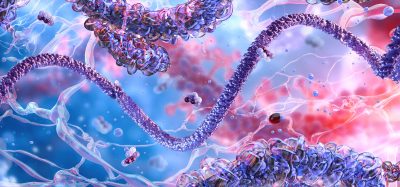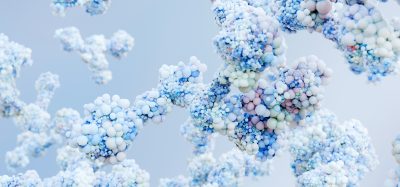New avenue for anti-depressant therapy discovered
Posted: 20 January 2017 | Niamh Marriott (Drug Target Review) | No comments yet
Researchers have made a ground-breaking discovery revealing new molecular information on how the brain regulates depression and anxiety.


The image, taken at the Cell Imaging Core, shows these new born cells in the hippocampus, the region of the brain that controls emotions.
In so doing, they identified a new molecule that alleviates anxiety and depressive behaviour in rodents. The research, led by Eleanor Coffey, Research Director at Åbo Akademi University in Finland is a collaborative effort between scientists in Finland and the US.
JNK protein
The researchers found that a protein, called JNK, when active, represses the generation of new neurons in the hippocampus, a part of the brain that controls emotions and learning. By inhibiting JNK solely in newly generated nerve cells in the hippocampus, the researchers were able to alleviate anxiety and depressive behaviour in mice.
This previously unknown mechanism brings fresh insight on how the brain works to regulate mood and indicates that inhibitors of JNK, such as the one used here, can provide a new avenue for anti-depressant and anxiolytic drug development.
Reduce preclinical failures with smarter off-target profiling
24 September 2025 | 15:00PM BST | FREE Webinar
Join this webinar to hear from Dr Emilie Desfosses as she shares insights into how in vitro and in silico methods can support more informed, human-relevant safety decisions -especially as ethical and regulatory changes continue to reshape preclinical research.
What you’ll learn:
- Approaches for prioritizing follow-up studies and refining risk mitigation strategies
- How to interpret hit profiles from binding and functional assays
- Strategies for identifying organ systems at risk based on target activity modulation
- How to use visualization tools to assess safety margins and compare compound profiles
Register Now – It’s Free!
Depression and anxiety are highly prevalent disorders and represent one of the largest causes of disability worldwide.
These results are important as many patients do not respond to current treatments and it has long been recognised that new mechanistic understanding of these disorders would be necessary to in order to identify drugs for treatment resistant depression.
The research was funded by the EU-funded Marie Curie Initial Training Network r’BIRTH, by the Academy of Finland, Turku Network in Molecular Biosciences and the National Institute on Aging (US).
Related topics
Protein, Proteomics
Related conditions
Anxiety, Depression
Related organisations
Åbo Akademi University, Academy of Finland, Marie Curie Initial Training Network r’BIRTH, National Institute on Aging, Turku Network in Molecular Biosciences
Related people
Eleanor Coffey








